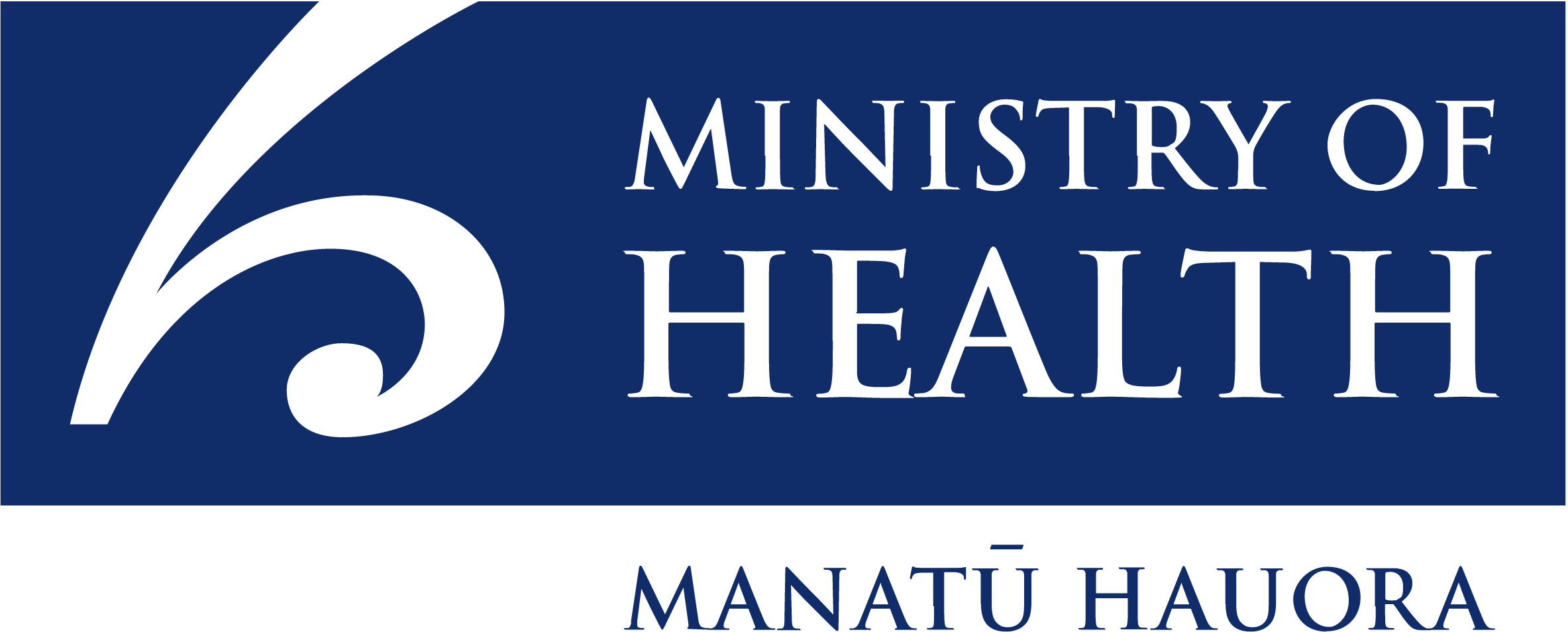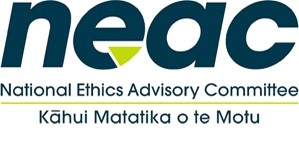Consultation on the Draft Ethical Framework for Resource Allocation In Times of Scarcity
Results updated 16 Feb 2021
The final document is now available on the NEAC website.
Links:
Overview
The National Ethics Advisory Committee (NEAC) is an independent advisor to the Minister of Health. NEAC was established in 2001 by section 16 of the New Zealand Public Health and Disability Act 2000.
The National Ethics Advisory Committee’s statutory functions are to:
- provide advice to the Minister of Health on ethical issues of national significance in respect of any health and disability matters (including research and health services)
- determine nationally consistent ethical standards across the health and disability sector and provide scrutiny for national health research and health services.
NEAC is the author and owner of 'Getting Through Together: Ethical Values for a Pandemic 2007’ (Pandemic Ethical Framework). This 2007 document provides ethical values to guide actions during a pandemic.
NEAC had intended to update this document on its 2020/21 work programme, but the current pandemic has led to NEAC seeking to prioritise the work, starting with the ethics of resource allocation.
The Framework was developed in response to COVID-19 but has wider application
You can find the Framework below under 'Related Documents'. The Framework is a high-level guidance document for the health and disability sector that helps health workers and policy makers consider ethics when allocating resources for COVID-19.
Importantly, NEAC note that in some instances people will need to prioritise one value over another as they will sometimes be incompatible. The Framework helps decision-makers identify the ethical tensions and recommends the establishment of decision-making groups to work through the tensions and uphold transparency of decisions.
NEAC intend to revise the Framework to be applicable to pandemics more generally in their planned review of their 2007 document 'Getting Through Together: Ethical Values for a Pandemic'. There is an optional question in this consultation that asks for your views on what ethical issues should be covered in an update of Getting Through Together.
NEAC’s framework includes Te Tiriti principles and equity as a core principle
The Framework sets out four essential ethical principles and four Te Tiriti principles that medical staff, service planners and policy analysts should consider when responding to pandemics.
The Framework adds an equity lens to decision making and assesses how equity sits alongside other ethical principles and Te Tiriti. Equity as a concept recognises different people have different levels of advantage and so require different approaches and resources to get equitable health outcomes.
In a resource allocation setting, this means that health workers and policy makers should consider how resources can be allocated to mitigate the adverse consequences of pandemic response measures, while at the same time avoiding or minimising growth in inequity from those measures.
Audiences
- Disability sector
- Ethics committee
- Health sector
- Members of the public
- Ministry staff
- Pharmaceutical companies
- Service providers
Interests
- Disability support services
- Ethics
- Workforce


Share
Share on Twitter Share on Facebook